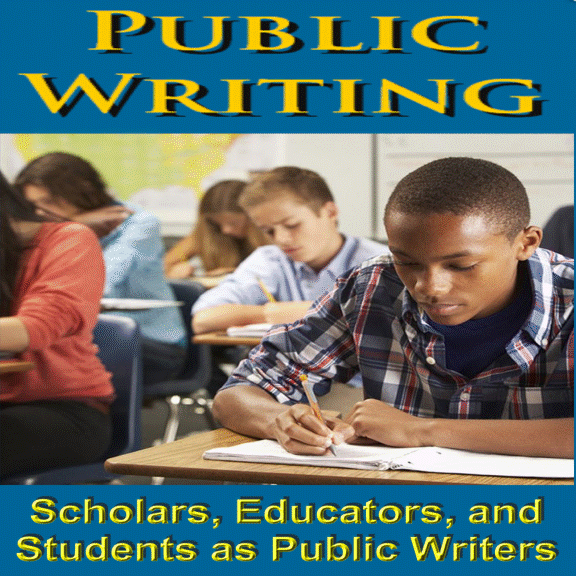Scholars, Educators, and Students as Public Writers
Early in my career as a high school English teacher in the Deep South during the early and mid-1980s, several weeks into the new school year, a tenth grade student became so exasperated that she blurted out in class, “When are we going to do English? All we do is read and write, read and write!”
In those days, my school system had a grade 7-9 junior high, and then high school was grades 10-12. Sophomores, then, were the transition grade, but for this student, my approach to teaching English was more transition than she could handle.
She had been an “A” student in English throughout junior high, where English had been primarily grammar exercises and vocabulary tests.
This student recognized what remains true throughout my 36-year career, the current second half as a professor of education; all of my courses at their core are writing classes.
While I taught myself how to teach writing throughout my 18 years as a high school English teacher (and soon gained the trust and even respect of my students, parents, and educators for my commitment to writing), I have learned even more over the more recent 18 years, navigating teaching writing as well as writing myself as a scholar and public writer in the context of higher CONTINUE READING: Scholars, Educators, and Students as Public Writers – radical eyes for equity


